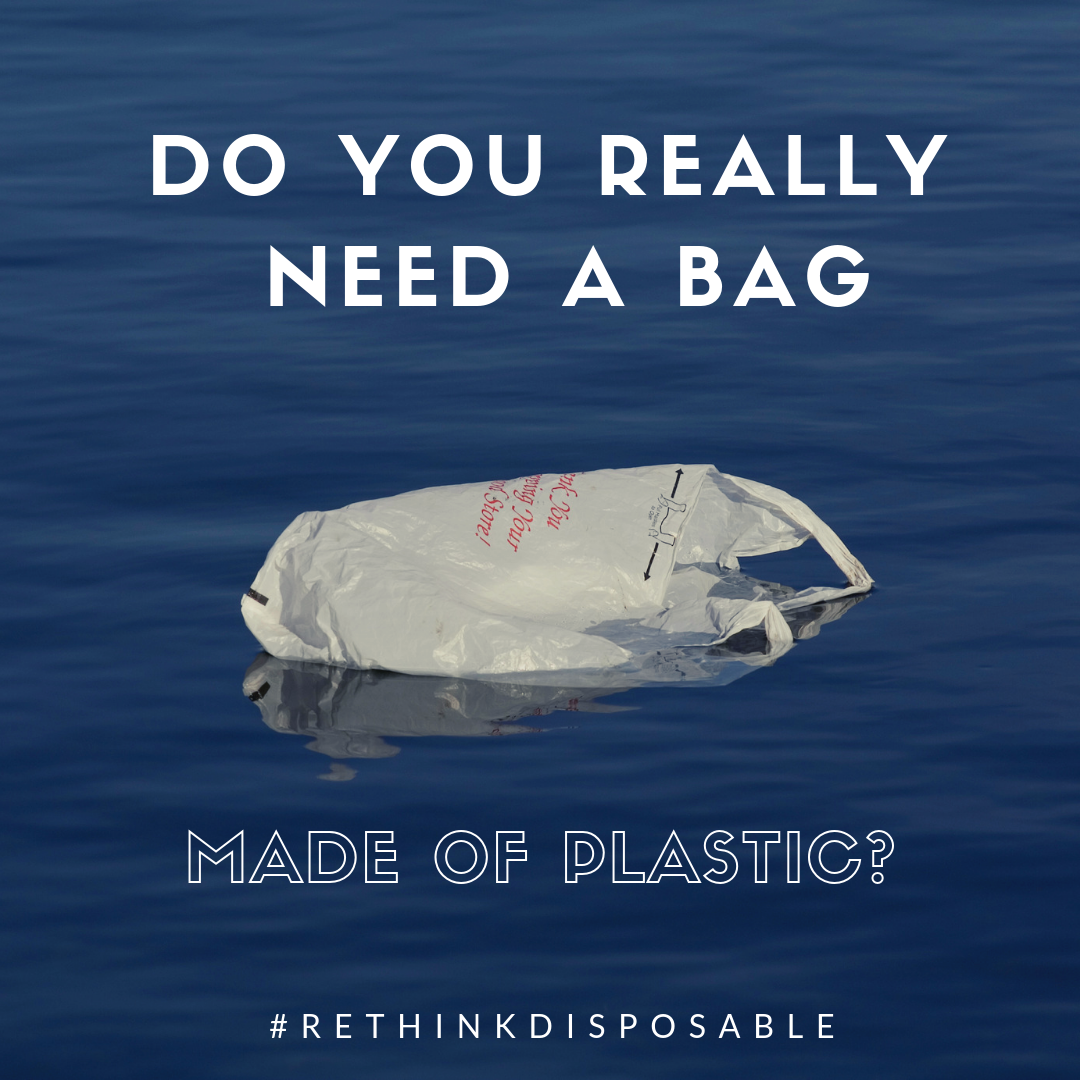
As environmental awareness has continued to increase, the debate of banning distribution of plastic bags has been brought to the table. Implementing policy regarding this issue in Baltimore City would lead to numerous benefits for its residents, its economy, and its surrounding ecosystems. A plastic bag ban in Baltimore City may reap a large positive economic impact by decreasing the demand for disposable bags and increasing the demand for reusable bags. This will create a market for manufacturers to produce more sustainable alternatives to plastic bags, as well as increased employment opportunities for production of these alternatives. Banning plastic bags from Baltimore City also has the potential to more effectively allocate taxpayer dollars and, consequently increase attention paid to other city projects. Plastic bag litter fills the streets, clogs drainage systems, and leads to flooding. The maintenance required to alleviate these problems requires taxpayer dollars. Without plastic bags, this litter problem will decrease greatly and taxes can be used for other important purposes.
In addition, a plastic bag ban may create lower grocery prices for the residents of Baltimore City because retailers no longer have to pay the expense of stocking plastic bags. Although consumers are not directly paying for plastic bags on their receipt, they are still paying for them because the expense is included in the price of their groceries.
Furthermore, the litter created by plastic bags poses more of a threat than just tax money allocation. Due to their lightweight, film construction, it is extremely easy for them to become litter even if unintended. This is a threat to animals and their habitats, as well as for the value and livelihood of neighborhoods. These bags may take up to 1,000 years to break down because they are composed of many synthetic polymers. Plastic bag litter is a large issue in waterways, and leads to negative impacts on the entire ecosystem. By eliminating plastic bags, this large scale pollution will be prevented from growing.
Americans alone throw away an average of 100 billion plastic bags yearly. These bags are extremely hard to recycle and even contaminate curbside recycling. In order for them to effectively be recycled, #2 and #4 plastic bags must be taken to a drop off bin for specialized recycling. This increased burden and lack of awareness significantly decrease the amount of plastic bags effectively recycled.


